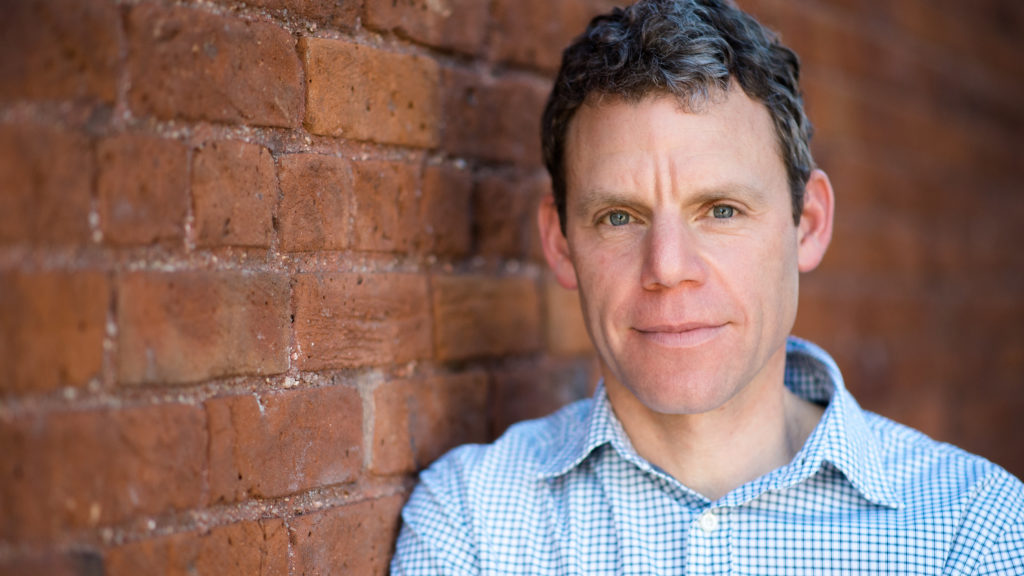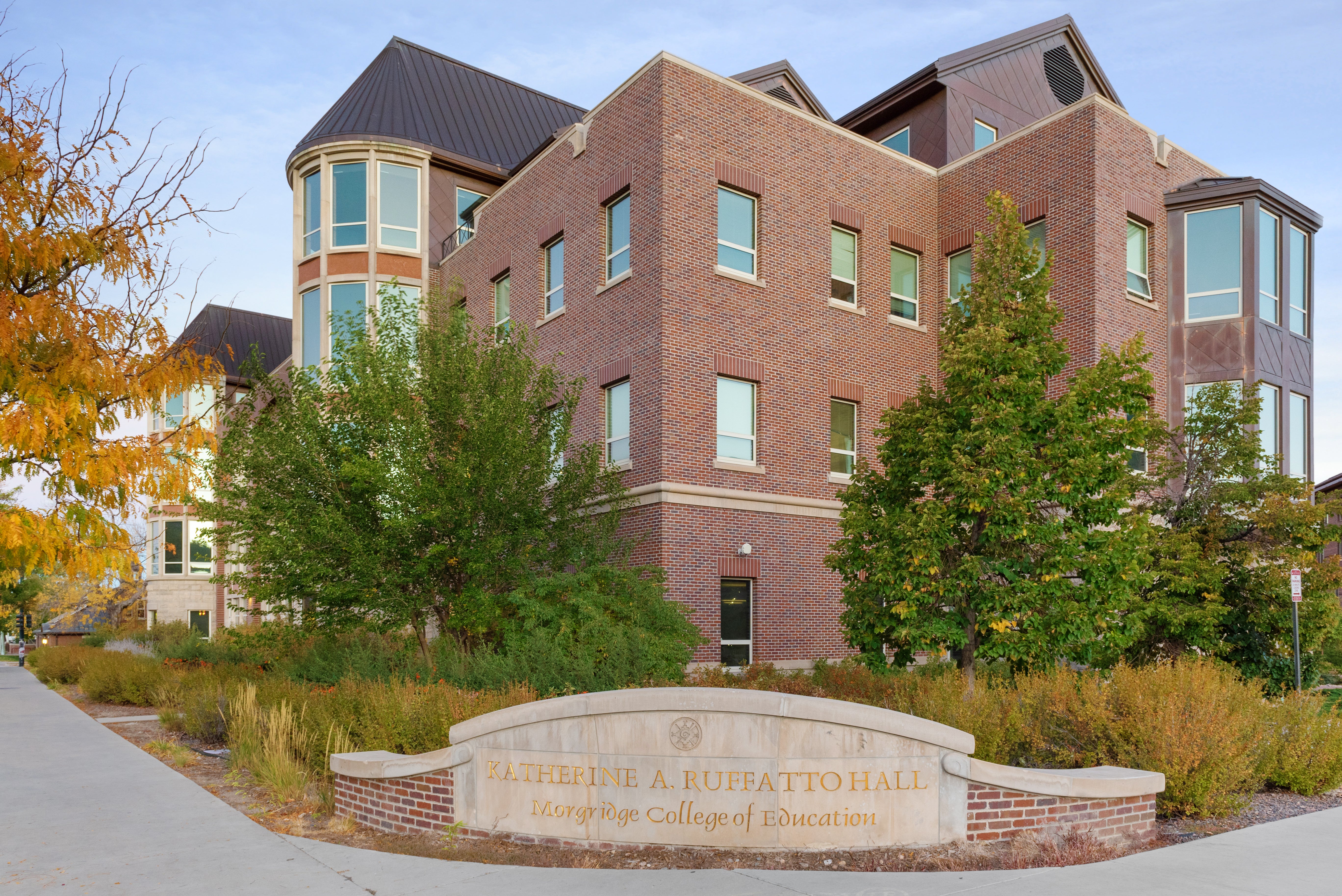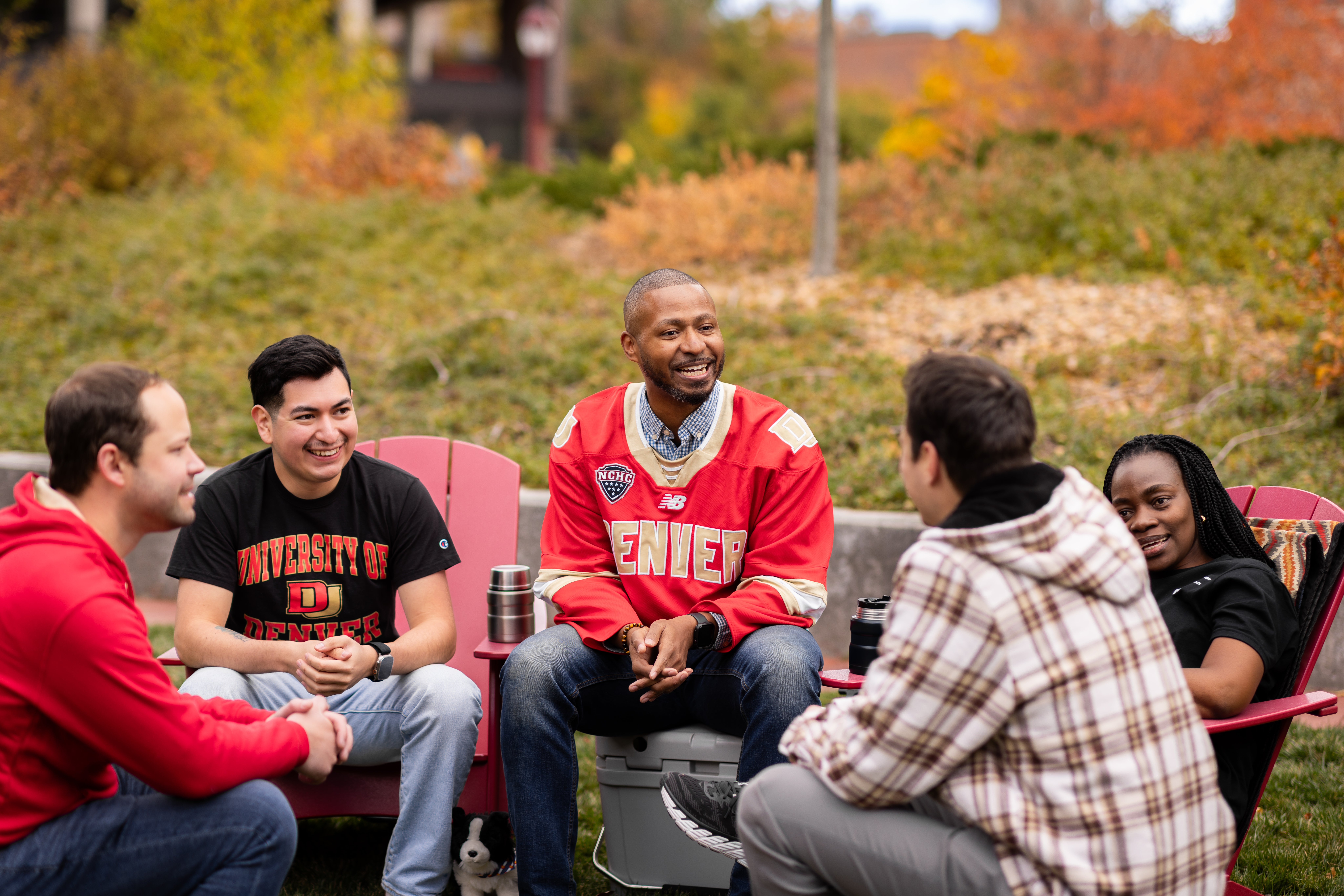Alumnus Rick Ginsberg named president of Colorado Psychological Association
Rick Ginsberg (00’) is an alumnus of Morgridge College of Education’s Counseling Psychology PhD program. With over 25 years of experience in Psychology, the former owner of Beacon View Consulting, LLC recently accepted a position as president of the Colorado Psychological Association. Here, Ginsberg graciously discusses his new role, his goals for the future, and offers advice for newcomers in the field.
Tell me about your new(ish) role with the Colorado Psychological Association (CPA). What excites you about this position? I am currently the president of the Colorado Psychological Association (CPA) and began my term this past July. CPA is the oldest, and largest, professional organization of psychologists not only in Colorado, but in the entire Rocky Mountain region, and has been in existence since the 1940s. Our motto and mission is that the organization is the “The Voice of Psychology in Colorado”, and through its history CPA has really proven that to be the case, whether that has been educating psychologists and consumers and their support systems of the benefits of quality mental health treatment; providing training and educational services to psychologists to enable them to do their work more effectively; or working with state legislators to protect the public by ensuring everyone who practices in the field is well trained, maintaining ethical standards, and advocating for people with mental health needs. What excites me most about having the honoring as serving as CPA’s president is working alongside incredibly talented, creative, committed, and innovative psychologists who want to ensure that the field is vibrant and impactful in Colorado. When CPA works alongside other mental health partners in the state, be these other professional organizations, consumer advocacy groups, or legislators, one realizes how many people are working every day to improve the lives of others by advancing the various missions of mental health treatment, care, and awareness.
You’ve previously served as a board member of the CPA, specifically as chair of the CPA Legislative Committee and fought for high quality mental health services. As President, what issues do you want to address regarding mental health? Through the years, a great many passionate professionals and laypeople alike have designed plans to address a wide range of mental health issues in the state. CPA has been part of that chorus and almost to a topic, each of these initiatives has its own unique value. The challenge for all of us in the field of psychology, is to take these well-meaning plans and ensure their proper implementation, across time and through a political process that offers a continuing changing landscape in terms of administration and funding. I would say all of CPA, not just me as its president, is specifically committed this year to ensuring that providers of mental health services are well trained and licensed so that quality access can be ensured, and that Colorado joins the other 49 states in demanding that psychotherapy is an identifiable and vital health care service that saves lives, and as such needs to be appropriately regulated by the state. Unfortunately, for too long, Colorado has allowed individuals with little or no training to practice the health care service of psychotherapy. This undercuts its value, increases stigmatization by minimizing the proven medical nature of mental health issues, and continually puts the public at risk. In CPA’s viewpoint, emotional struggles should be normalized as a commonplace phenomenon of simply being human, and mental health awareness and treatment should be seen for what it is – a critical component to anyone’s overall health.
Of the issues you mentioned above, what is Colorado’s biggest challenge in addressing mental health? I look at the state much in the same way that I approach clients, be they individuals or larger systems and organizations; I am convinced that there is nothing wrong with Colorado and how it addresses mental health concerns that can’t be fixed with what is right with how Colorado strives in this area. Obviously, there are enormous challenges that the state faces, from suicide awareness and prevention; to racism, sexism, and other forms of persecution and unfairness to our community which adversely affects everyone’s mental health; to homelessness, substance abuse, depression, and anxiety across the age range of our population; to violence in our communities by means of guns and other methods. I believe the state’s biggest challenge is tapping its immense talent, especially among the community of psychologists, and being creative about identifying problems, offering solutions, mobilizing awareness and action, and shepherding the implementation of innovative, and time-tested interventions that work. When the professionals, consumers, advocates, and legislators work together real change can be made for the benefit of the entire citizenry of the state.
You’re enjoying a tremendous career. How has the University of Denver prepared you for this journey? Any success I’ve had in my career has been directly correlated to the many people who helped teach, mentor, guide, and befriend me along my educational and professional journey – so much of that occurred at DU’s Counseling Psychology Department and the wider DU community. I came to DU’s doctoral program with a Master’s in Counseling Psychology from the University of Oregon, but the depth of my knowledge and growth came from the professors in the department at the time, including, but not limited to Drs. Karen Kitchener, Pat Sherry, Maria Riva, Cyndy McRae, Jesse Valdez, Nick Cutforth, Bobbi Vollmer, and Karen Green. Additionally, the incredible classmates that I shared my educational career with were always indispensable with their wisdom, passion, and good humor – the last being perhaps the most valuable asset when one is undertaking graduate school. These connections, along with all of the incredible professionals I met when in my practica and internships helped me understand how I could try my best to make a valuable contribution to the field.
What do you enjoy most about being a Licensed Psychologist? Undoubtedly what I enjoy most is doing the clinical work when I can sit with people, be honored with the privilege of hearing their stories, be invited into their worlds by offering my assistance, and seeing people’s existing strengths unfold to illuminate pathways forward that they make possible because of their commitment to themselves, their community, and the people and things that they love.
What advice do you have to individuals new to the field or exploring this as a possible career choice? Psychology is an incredibly rewarding field, and it can offer amazing avenues to fulfilling places, but my best advice is to go out and live your life as passionately, kindly, and courageously as you can. In the end, you will learn more about the field and helping others, by learning about life, who you are, and being close to the things in which you believe and love. Take care of yourself and, without reservation, dive into all of the goodness and tragedy and knowledge about life, and you’ll not only figure out if you want to be a psychologist and how to do that well, but you’ll do something even more important – figure out how to be a good person who can live a meaningful life.



